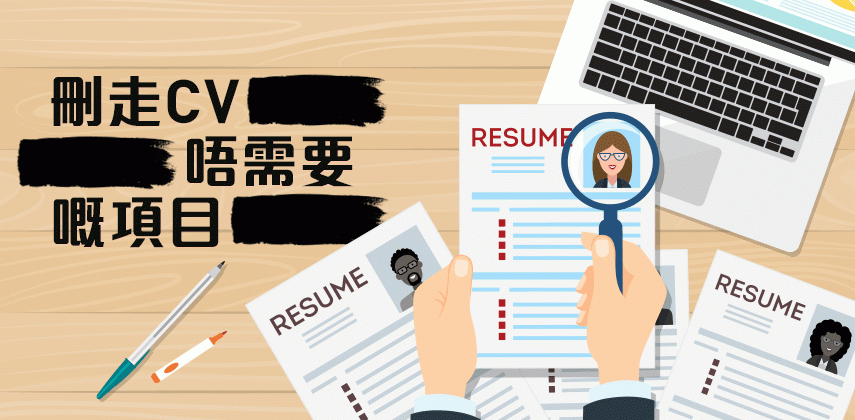Resume writing is another aspect of job hunting that people dread. The challenge of bullet-pointing your professional career into meaningful and interesting, yet succinct descriptions is no small task. Unfortunately, most people fail to entice hiring managers and recruiters to schedule an interview because they simply don’t know how to best highlight what they can offer companies. In order to create a standout resume that will be sure to catch the eye of your next potential employer, it’s not only what you put in your resume, but what you leave off that can score you your next job interview. Here are some ways to streamline your resume to garner your professional experience some hard-earned attention.
Old and outdated work experience. No matter how long you’ve been working, any time hiring managers see old and irrelevant work experience listed on a resume, it’s viewed as a sign that someone’s trying to pad their resume because they haven’t had enough qualifying experience for the position they are applying for. Unless your earlier work experiences are truly impressive and outstanding, or with an extremely respected organisation, better to leave it off and focus on more significant and applicable professional roles.
References. Although no job application process is complete without a hiring manager asking for a list of references and contacting them ahead of offering you a position with their firm, including contact details in your resume is a huge mistake. Recruiters automatically see this as resume fluff designed to create the illusion of experience and expertise. Instead of increasing your resume’s word count with your references, leave it off until the recruiter asks for it.
Timeline gaps. Any time a hiring manager sees a gap between jobs, it almost always raises a red flag. Reassure the hiring manager by filling in the timeline gaps with as much relevant information as possible. If you took time off between jobs to take care of an ailing parent or spouse, to volunteer abroad, or to go back to school, include that so as to address any concerns immediately about why you may have been out of work for a longer than normal period of time.
Meaningless job titles. Make every word count in your resume, and although less is sometimes more when it comes to resume writing, using nondescript, generic job titles will do you no favours. Even if your former employers utilised boring titles, don’t use vague nomenclature when it comes to your work experience and leave recruiters wondering “manager of what” or “what kind of administrator?” Make sure that your past employment titles are clear about the true nature and scope of your former roles.
Stating your objective. Offering up a few broad, umbrella sentences about your motivation for finding a job rarely stands out from all the other generic sentences hiring managers see day in and day out. The objective section does very little to offer any true insight into your ambition and can very easily be omitted without a significant sense of loss to the content of your resume.
Hobbies or other personal information. Truthfully, recruiters find little interest or professional advantage in learning that you enjoy bicycling or oil painting in your free time. In fact, by adding personal details, such as ethnicity or religious affiliation, you could be hurting your chances of getting a call for a job interview. Be strictly professional in your resume and allow some of your personality to shine through during your interview instead.


